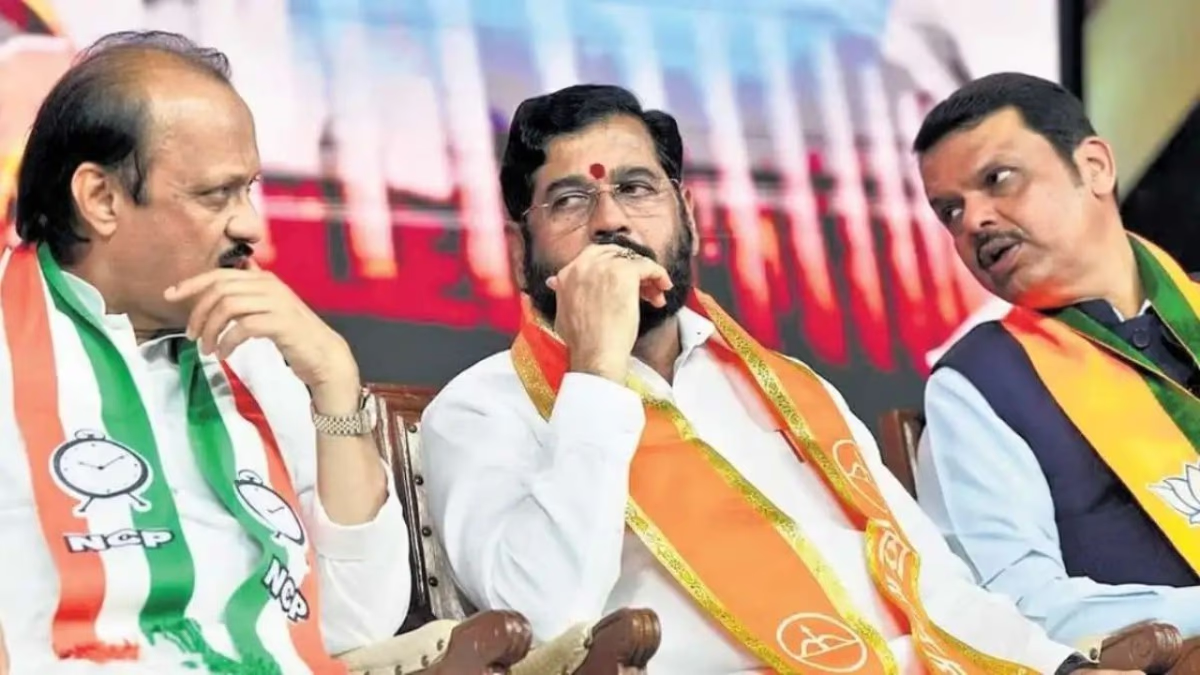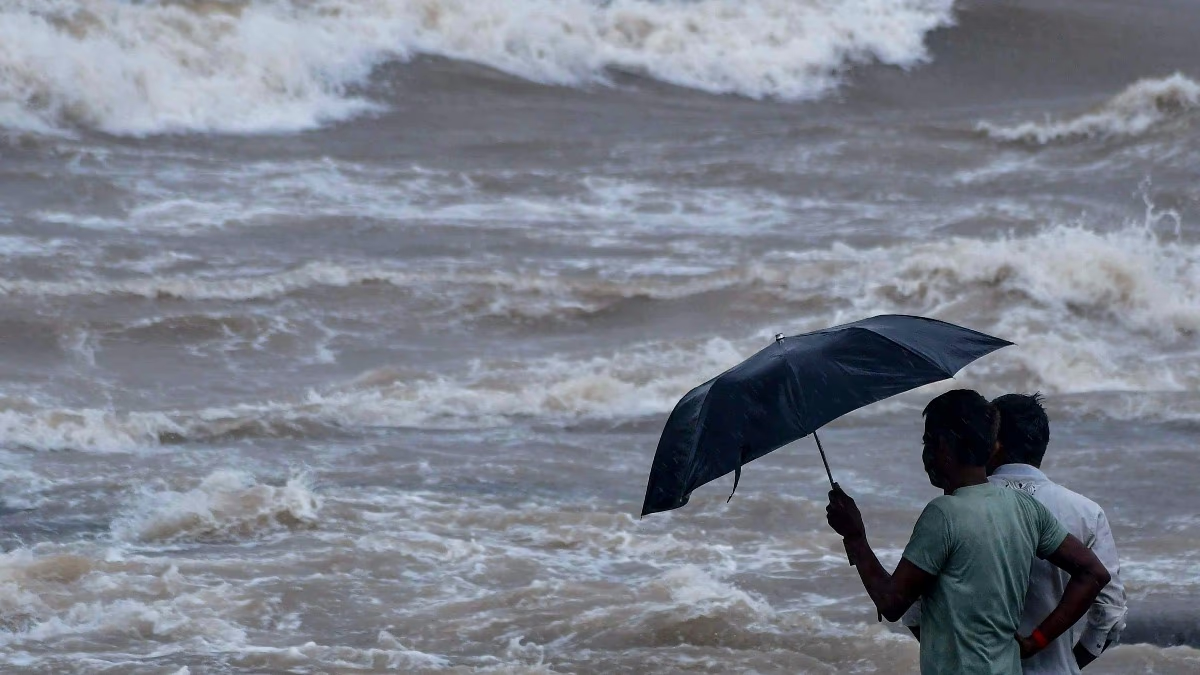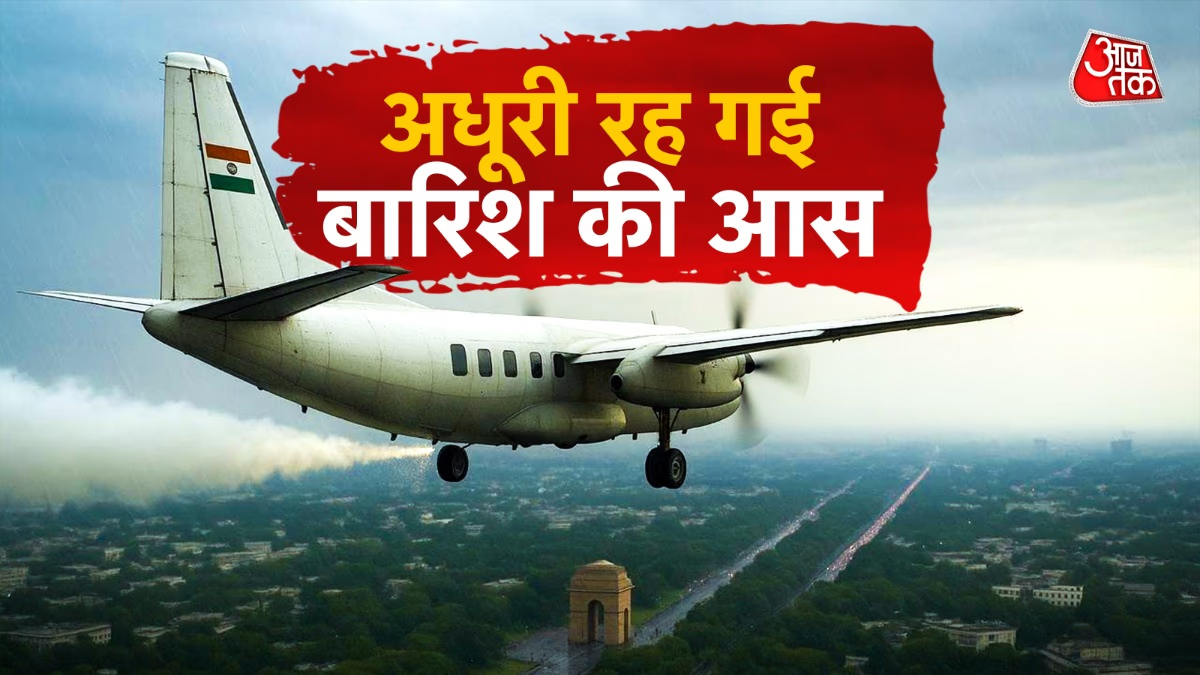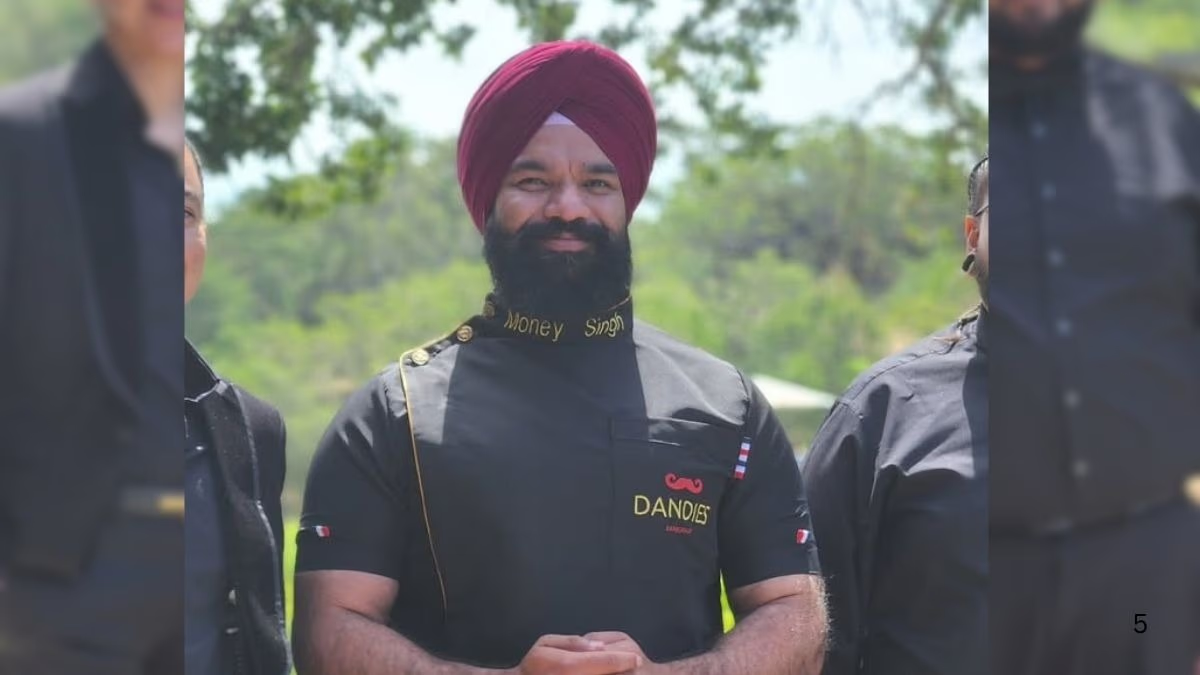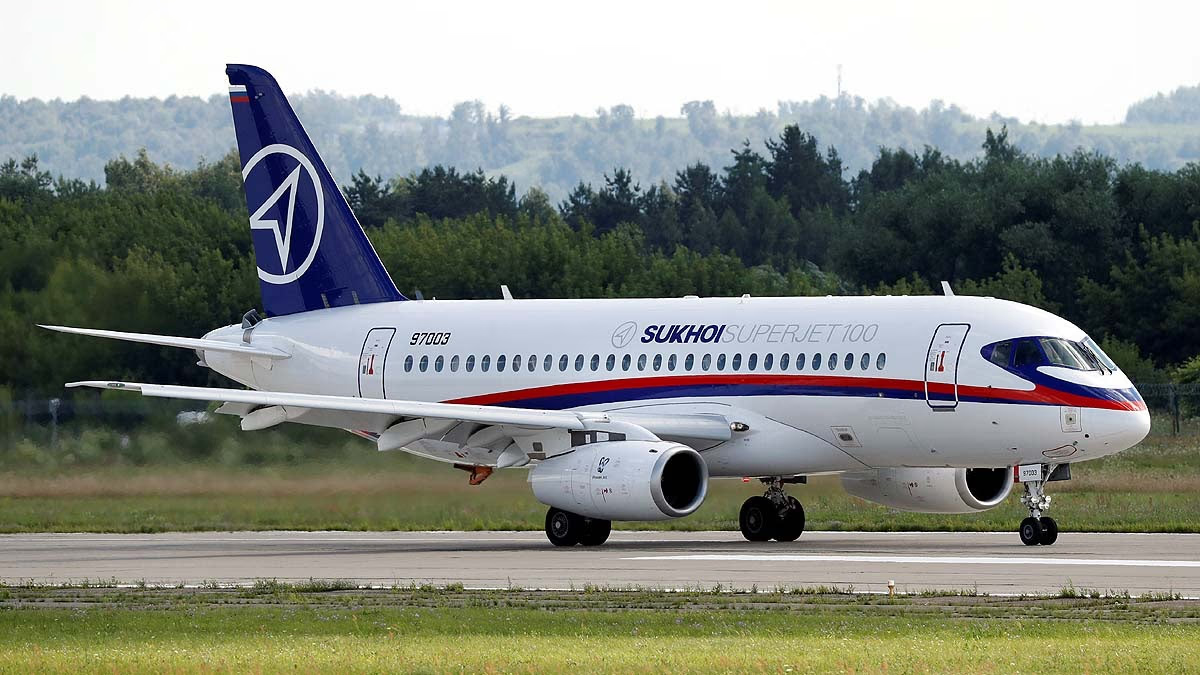The countdown to the Maharashtra Assembly elections has begun, and political parties are intensifying their preparations. From the distribution of tickets to seat sharing among coalition partners, meetings are in full swing. Discussions within the Mahavikas Aghadi and the grand alliance are in the final stage. According to sources, the ruling grand alliance has nearly finalized seat sharing. The BJP is expected to contest 156 seats, while Eknath Shinde's Shiv Sena looks to secure between 78 and 80 seats, and Ajit Pawar's NCP is projected to contest 53 to 54 seats.
Indeed, Maharashtra boasts 288 assembly seats. The state government is formed by a coalition of BJP, Shiv Sena (Eknath Shinde), and NCP (Ajit Pawar). In the 2019 elections, the BJP claimed the highest number of seats at 105. The grand alliance is poised to enter the fray once again, with final discussions on seat sharing in progress. Presently, BJP holds 103 seats, Shiv Sena (Shinde) possesses 40, and NCP (Ajit) controls 43 seats, making BJP the largest party in the state.
Maharashtra will cast votes for its 288 assembly seats on November 20, with results announced on November 23. In the previous election, BJP secured 105 seats, Shiv Sena 56, NCP 54, and Congress 44. However, post-election, Shiv Sena severed ties with NDA and formed a government in alliance with NCP and Congress, appointing Uddhav Thackeray as Chief Minister. Internal conflicts led Eknath Shinde to break away with 40 legislators and, with BJP's support, become Chief Minister. This division split Shiv Sena into two groups. Similarly, Sharad Pawar's NCP has diverged into two factions, one led by Sharad and the other by Ajit Pawar.
As the Maharashtra Assembly elections loom, coalition arithmetic is being reevaluated. Discussions on seat sharing are at a critical stage within the BJP-led grand alliance that includes Eknath Shinde's Shiv Sena and Ajit Pawar's NCP. The BJP has announced candidates for 99 assembly seats. Meanwhile, the opposition Maha Vikas Aghadi (MVA) is yet to resolve its seat distribution issues. Amidst this, a third alliance has entered the electoral battlefield.
This new coalition is led by former BJP Rajya Sabha MP Sambhaji Raje Chhatrapati and includes Raju Shetti's Swabhimani Shetkari Paksha and Bachchu Kadu's Prahar Janashakti Party. Sambhaji, a descendant of Chhatrapati Shivaji Maharaj, has invited Manoj Jarange Patil, a leader of the Maratha reservation movement, and Prakash Ambedkar of the Vanchit Bahujan Aghadi (VBA) to join this third alliance. He notes the existence of two factions each within Shiv Sena and NCP, causing public confusion, and stresses the people's readiness for change.
The formation of the transformative coalition has increased challenges for both the grand alliance and the MVA. Should Manoj Jarange Patil lend support, and Prakash Ambedkar's party join, it could spell trouble for the opposition MVA. Recent Lok Sabha election results showed that of the 46 assembly seats in the Marathwada region, 31 were led by MVA parties' candidates. Additionally, farmer leader Raju Shetti holds considerable influence in Western Maharashtra.
Analyzing Western Maharashtra, both MVA and the grand alliance engage in fierce competition during recent Lok Sabha elections. With 70 assembly seats in this region, MVA candidates led on 35, while grand alliance candidates made gains on 30. In the Vidarbha region, the contest primarily between Congress and BJP is dominant, yet the entry of the transformative coalition heightens tension for MVA, expecting a consolidated protest vote against the government.
